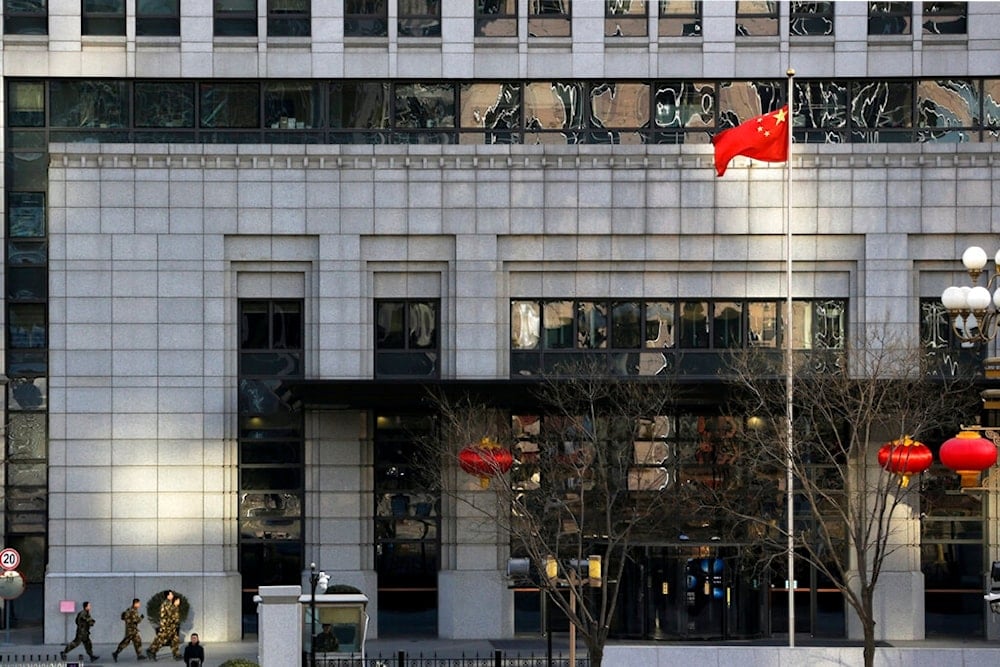China to remove all foreign investment restrictions in manufacturing
Both China and the US have recently signaled their willingness to support bilateral trade promotion and cooperation projects.
-

China's Ministry of Commerce is pictured in Beijing, Monday, Feb. 11, 2019. (AP)
China will remove all restrictions on foreign investment in the manufacturing sector starting November 1, as per a joint decision announced by the Chinese State Development and Reform Committee and the Commerce Ministry on Sunday.
"[The decision] demonstrates China's unwavering determination to promote investment liberalization and facilitation, as well as its responsibility to promote global openness and cooperation," the document read.
The document specifies that the remaining restrictions on foreign investment in the manufacturing sector will be lifted, it added.
At the same time, several Western countries, including the EU and Canada, are moving forward with plans to impose duties on Chinese-made electric vehicles.
Read more: US planning unorthodox sovereign fund to counter rivals: FT
On Saturday, Chinese Vice Minister of Commerce Wang Shouwen and US Under Secretary of Commerce for International Trade Marisa Lago co-chaired the second vice-ministerial meeting of the China-US commercial and trade working group in Tianjin.
The discussions were described as professional and pragmatic, focusing on key trade and policy issues between the two nations.
China expressed concerns about various US trade measures, including tariffs under Section 301 and restrictions on Chinese companies.
Both sides agreed on the importance of maintaining open communication and cooperation on a wide range of issues, including clean energy, cross-border data flows, and medical devices.
Read more: Xi Jinping unveils $50Bln plan to strengthen China-Africa partnership
They also discussed continuing collaboration within international frameworks like the G20 and Asia-Pacific Economic Cooperation (APEC), aiming to stabilize trade relations.
China stressed its commitment to further reforms, expanding openness, and fostering high-quality development.
Wang said that a modern China represents an opportunity, not a threat, to the US, and urged for clearer definitions of national security in economic matters to help stabilize business cooperation expectations.

 2 Min Read
2 Min Read










